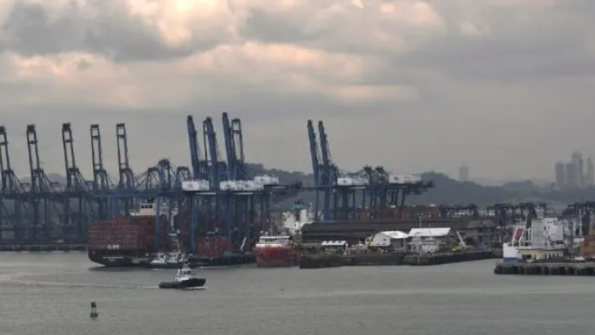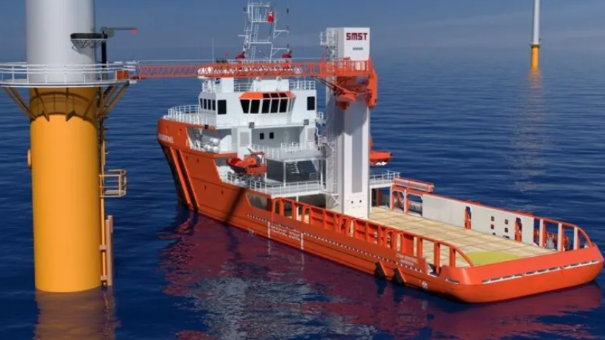On April 11, Bloomberg reported exclusively that U.S. discount retailer Five Below had suddenly notified its suppliers to suspend all shipments originating from China. The unexpected move immediately rattled the market, causing the company’s stock to plummet by as much as 10% intraday, before partially recovering to close down 2.1%. The underlying cause? A new wave of tariffs in the escalating U.S.-China trade war.
Five Below’s move was described as drastic: the company issued a letter to suppliers via shipping giant Maersk, explicitly instructing that all container shipments must stop from April 10 onward, and any goods already loaded must be unpacked and returned. This kind of abrupt halt is extremely rare in retail supply chains and reflects growing sensitivity and concern over tariff risks.
In an emailed statement, Five Below said:
“To ensure maximum flexibility, we are proactively pausing orders from China while evaluating all available options.”
Clearly, this is more than just an evaluation—it’s a direct response to impending tariffs that could soar to 145%.
What’s particularly alarming is that Five Below disclosed in a recent securities filing that China is its largest source of imported goods, with the vast majority of products coming from outside the United States. In other words, these new tariffs strike at the heart of its supply chain. Oppenheimer analyst Brian Nagel warned that the new duties could drive Five Below’s overall cost burden up to 90%-95%, significantly higher than his prior estimate of 42%-51% based on the initial April 2 tariff announcement.
Five Below isn’t alone in slamming the brakes. Steve Madden, which also relies heavily on Chinese production, saw its stock drop as much as 5.3% during the day and close down 1.8%. Retail giants like Amazon have also begun canceling large volumes of orders from China and other parts of Asia. According to supply chain data firm Vizion, global container bookings plunged 49% in the week of April 1–8 compared to the previous week.
While Maersk declined to confirm specific client names, it stated it is “working closely with customers to navigate the volatile market environment.”
Each escalation in the U.S.-China trade war serves as a life-or-death stress test for corporate supply chains. For American retailers that depend heavily on Chinese manufacturing, the challenge extends far beyond costs—it affects operational strategy, inventory management, and even brand viability. Five Below’s sudden stop may just be the beginning.

Last
MSC Founding Family Plays Key Role in $23 Billion CK Hutchison Ports Deal
It has recently come to light that Terminal Investment Limited (TiL), a port operator owned by the Aponte family—the founders of M

Next
UK Shipowner Places Major Order Again-Chinese Shipyard Wins Another "Ship of the Future" Deal!
Sentinel Marine, an offshore support vessel operator based in Aberdeen, UK, is accelerating the expansion of its fleet. The compan
